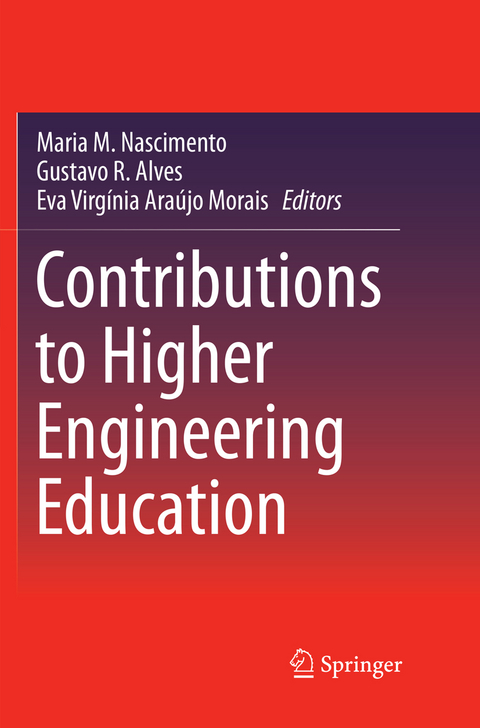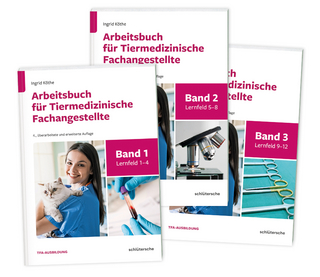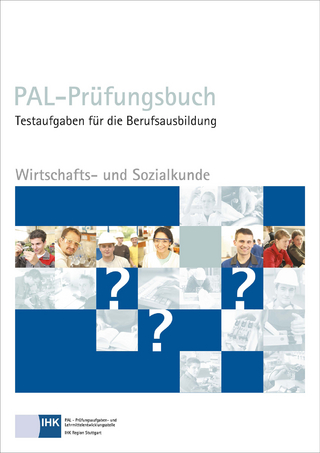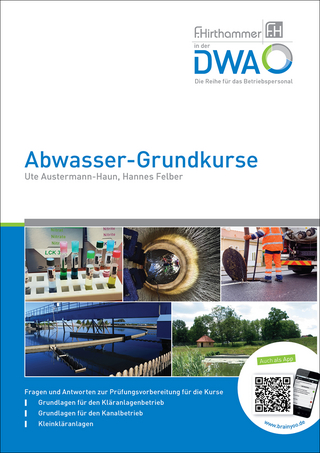
Contributions to Higher Engineering Education
Springer Verlag, Singapore
978-981-13-4272-1 (ISBN)
Maria Manuel da Silva Nascimento has been an assistant professor at the University of Trás-Montes e Alto Douro (UTAD) since 1985, Vila Real, Portugal, where she teaches Statistics and Operations Research. She is an integrated member as a researcher of CIDTFF (Research Centre on Didactics and Technology in the Education of Trainers, CIDTFF, from University of Aveiro, and in its Lab-DCT/UTAD, the laboratory of CIDTFF at UTAD). Her main research and publication interests are teaching Statistics and its Attitudinal and Didactical research issues, as well as the Ethnomathematics research field. In addition, the critical thinking research field and in its connections to the statistical thinking in higher education are other of her research interests. Maria M. Nascimento is a member of the Portuguese Engineers Society (OE) and of the Portuguese Society for Engineering Education (SPEE). Gustavo R. Alves graduated in 1991 and obtained an MSc and a PhD degree in Computers and Electrical Engineering in 1995 and 1999, respectively, from the University of Porto, Portugal. He is a Professor at the Polytechnic of Porto – School of Engineering (ISEP), since 1994. He has authored or co-authored +200 conference and journal papers with referee process, 11 book chapters, and co-edited a book (with Javier Garcia-Zubia, University of Deusto, Bilbao, Spain), about “Using Remote Labs in Education”. He has also been involved in +18 national and international research projects. His research interests include engineering education, remote experimentation, and design for debug and test. He served as the program co-chair of the 1st and 2nd International Conference of the Portuguese Society for Engineering Education (CISPEE2013 and CISPEE2016), of the 3rd Experiment@ international conference (exp.at’15), as general chair of the 11th Remote Engineering and Virtual Instrumentation (REV2014) conference, and of the 3rd Technological Ecosystems for Enhancing Multiculturality (TEEM2015) conference, and also as a Program Committee member of several international conferences. Dr. Alves is currently Associate Editor for the IEEE Transactions on Learning Technologies and has also served as guest editor for the international Journal of Online Engineering (iJOE), the international Journal of Engineering Pedagogy (iJEP), the IEEE Latin-American Learning Technologies Journal (IEEE-RITA), and the European Journal of Engineering Education (EJEE). Eva Morais is an Assistant Professor at the University of Trás-os-Montes and Alto Douro (UTAD) since 2000. She received her PhD in Mathematics Applied to Economy and Management from the Lisbon School of Economics and Management (ISEG), Technical University of Lisbon, Portugal, in 2013. Eva Morais has authored and co-authored several works in her main research fields, mathematical finance, and critical thinking in higher education.
International Cooperation for Remote Lab use.- Mature learners’ participation in higher education and flexible learning pathways: Lessons learned from an exploratory experimental research.- The flow of knowledge and level of satisfaction in engineering courses based on students’ perceptions.- Innovative methodologies to teach materials and manufacturing processes in Mechanical Engineering.- “Learning by doing” Integrated Project Design in a Master Program on Product and Industrial Design.- The views of engineering students on creativity
| Erscheinungsdatum | 04.03.2022 |
|---|---|
| Zusatzinfo | 52 Illustrations, color; 5 Illustrations, black and white; XIX, 158 p. 57 illus., 52 illus. in color. |
| Verlagsort | Singapore |
| Sprache | englisch |
| Maße | 155 x 235 mm |
| Themenwelt | Sozialwissenschaften ► Pädagogik ► Berufspädagogik |
| Sozialwissenschaften ► Pädagogik ► Erwachsenenbildung | |
| Sozialwissenschaften ► Politik / Verwaltung ► Staat / Verwaltung | |
| Sozialwissenschaften ► Soziologie ► Spezielle Soziologien | |
| Technik | |
| Schlagworte | CISPEE 2016 • continuing engineering education • Future Outlook of the Engineering Profession • ICT in Engineering Education • Mathematics in engineering Education • Outcome Based Learning • Portuguese Society for Engineering Education |
| ISBN-10 | 981-13-4272-5 / 9811342725 |
| ISBN-13 | 978-981-13-4272-1 / 9789811342721 |
| Zustand | Neuware |
| Informationen gemäß Produktsicherheitsverordnung (GPSR) | |
| Haben Sie eine Frage zum Produkt? |
aus dem Bereich


